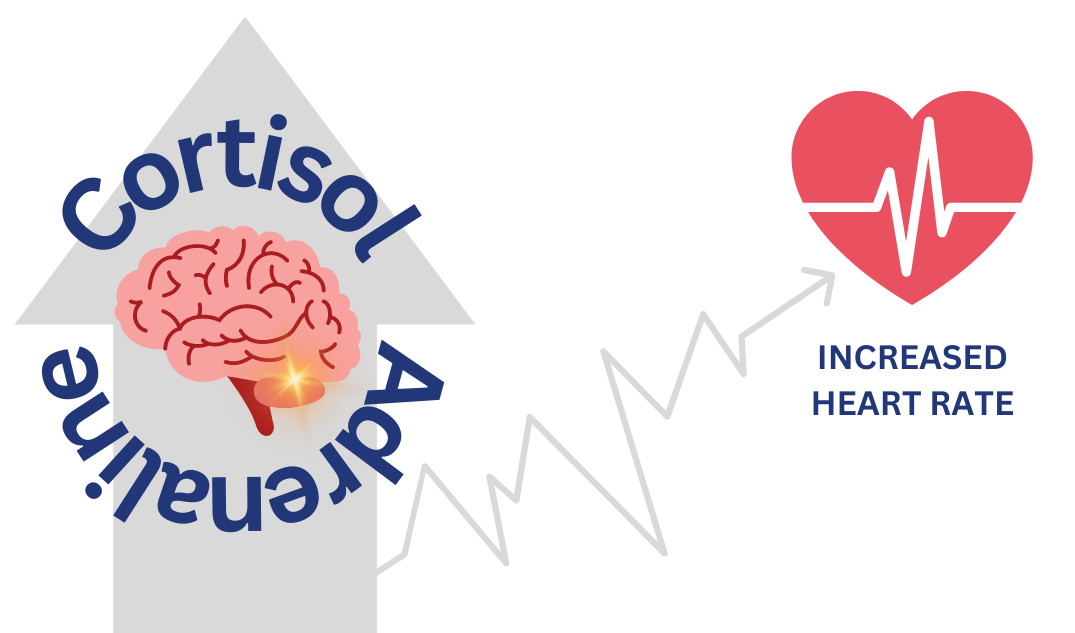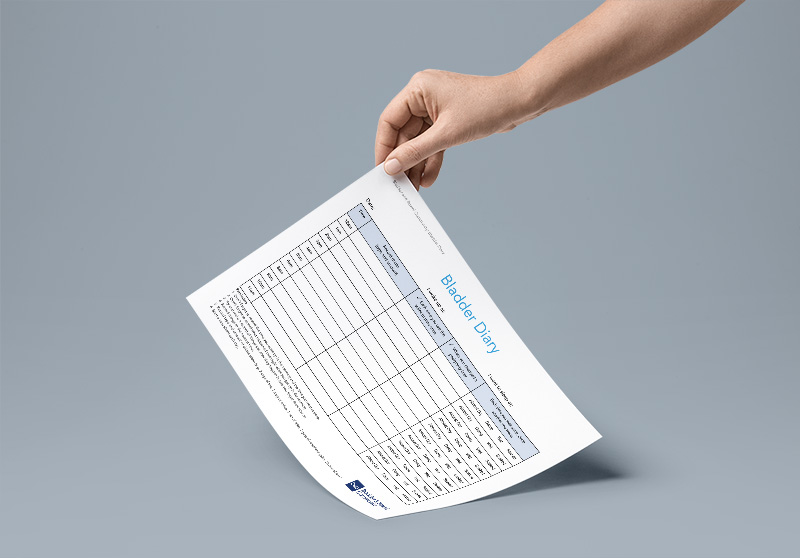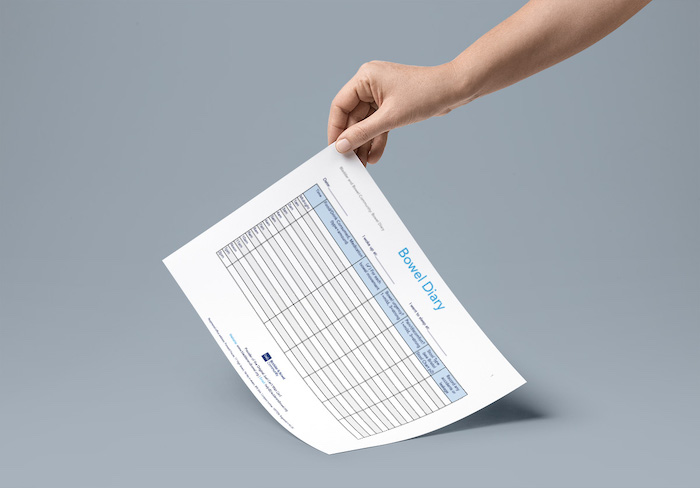Deciding to get help with anything, let alone, medical concerns can be a challenge because we are hardwired to be independent-minded. This is according to Nora Bouchard1, a leadership coach who has recently written a book on the topic. It is not an uncommon state of mind, but it certainly doesn’t help if you could genuinely benefit from seeking early intervention. As they say, ‘a stitch in time saves nine’; a rudimentary analogy, but when it comes to cancer treatment it’s absolutely true.
In this article we delve into the topic of healthcare attitudes, in order to help break down the barriers to primary care. If you’re struggling to make that first step to get medical advice, or you know someone who is, you’ll find some tips at the end of this article to help.

Different Attitudes towards seeking care
Let’s begin by addressing gender. There are trends identified by research which show a marked difference in attitudes towards seeking medical care between men and women. We acknowledge that gender is no longer as binary as this, however research is focussed in this area. In one study, women reportedly use healthcare services more than men, regardless of demographic. This doesn’t necessarily mean women are in more need of primary care, but that they seek it out more than men. In contrast, hospitalisations show fairly equal numbers in terms of men and women.
From a healthcare practitioner’s perspective, attitudes toward genders can be biassed, with one surgeon reportedly stating that she and colleagues would be “More likely to believe a man if they said they had pain”2.
3 reasons we don’t go to the Doctor
We all have our ways, but seeing the doctor can be triggering for some people, due to the trust required, clinical tests required, the process of getting an appointment or simply the smell of the waiting room.
A national qualitative study in the US 3 revealed some insight into people’s attitudes towards seeking healthcare advice. There were 3 main reasons highlighted people tend not to go to the doctor:
- Low perception of need – it’s not important enough
- Traditional barriers to healthcare – lack of resources, transport, communication etc
- Unfavourable evaluation – dislikes the process, clinical smells, interactions, medication, outcomes etc.
If any of these reasons resonate with you, you’re not alone, but there are benefits to seeking advice early.
For conditions such as breast cancer, early diagnosis and treatment is critical. According to the British Medical Journal Study, mortality rates are almost directly proportional to the delay in which treatment was given. This is according to a study of breast cancer in 1000 women in 2020 6. In other words, for every 4 weeks the cancer wasn’t treated, another 10 patients could lose their lives to the disease.
The delay in cancer treatments was a huge area of discussion during the pandemic, and one which is a challenge for healthcare systems worldwide.
But I don’t really need a doctor, do I?
Modern attitudes and society often praises self-help and independence; the ironic thing is that as humans we’re mostly quite happy to help others when asked, because it’s reaffirming. Helping others can validate our existence.
It’s also natural to want to remain strong, healthy and in control, because this is the basis for survival. However, if your health does take a turn, it’s important to be able to ask for help. In fact, asking for help and successfully addressing the issue can be rewarding and as a result, restorative. It could even save your life. So what’s the problem?
There are various theories around our natural tendency to avoid the doctor, and a lot of them come down to fear:
- Surrendering Control
- Not wanting to be seen as ‘needy’
- Denial 5
- Embarrassment
- Fear of needles or aversion to medical procedures
If we’re not sure of the outcome, that unknown quantity can present uncertainty and develop into anxiety or fear. Even on a low level, fear is the body’s natural reaction to things that present danger. Fear is designed to protect us 4, however in the context of medical attention, this can be counterproductive as it may be preventing us from seeking help. In some cases seeking medical advice early on could save your life.
Asking for help
Simply put, if your health is negatively affecting daily life, it’s important enough to seek help.
You can improve your chances of success by being clear and concise in your communications 7). It’s common to feel anxious at the Doctor’s (known as ‘white coat syndrome) so help yourself by writing down your symptoms and how they affect you, so that you don’t lose your words in the moment. You can also go prepared – make sure you have recorded exactly what’s wrong, to help you accurately convey the impact on your work, lifestyle or mental health.
The Effect of Fear on the Brain
Fear can enhance our reactions but in some cases can prevent us from functioning properly. It’s actually a hormonal response to the brain detecting a potential threat.
Ever had someone touch you on the shoulder and make you jump? It’s a whole-body response to the potential of danger. An initial surge of adrenaline and cortisol readies your body and limbs for ‘fight or flight’, so that we can quickly defend ourselves or evade danger. That’s what makes your skin tingle. What this means for the brain is that our ability to reason and make clear judgements is impaired, so we struggle to make rational decisions.
On a lower but more persistent level, this fear can develop into anxiety.

Denial of medical needs
It could be that the healthcare concern is minor, or that you don’t feel it’s ‘important’ enough to warrant a trip to the doctor to get it checked out. Even if you know, full well, that it’s worth doing. Denial is a psychological defence mechanism which protects us from news we don’t want to hear. In other words, denial preserves hope (5).
The trouble is, if you don’t seek medical advice early on, you could risk having to undergo more serious treatments if the condition has progressed. It has to be your choice to seek help, but you don’t have to do it alone.
If you’re concerned in any way about going to see a doctor, consider speaking to a friend first. They may be able to help remove some of the ‘barriers’ such as helping you book the appointment or offering their experiences.
The Threat of Dismissal
In general, medical practitioners pursue a career in healthcare as they want to make a difference. It might not always be obvious, as there are often great pressures on many professionals in the healthcare industry.
The Society to Improve Medical Diagnosis in Medicine has published an article (9) on how you can make sure you aren’t dismissed by your doctor, and aid diagnosis. It includes advocating for your health no matter what age you are, racial and gender healthcare bias, and what questions to ask if you feel you don’t get the response you seek from your GP.
3 tips to make it easier to seek medical advice
- Be prepared. Diarise your symptoms and lifestyle, and the negative impact on your health and daily routine.
- Take a friend/partner. You don’t have to do this alone, ask for someone to attend the appointment or wait outside for you.
- Remember that Mental Health is still something you can speak to your GP about , or seek a support service which is not connected to your GP.
Further Information
If you or someone you know is struggling to make that first step towards getting medical advice, it can help to speak to someone. Bladder & Bowel Community Support Group is a closed Facebook Group which enables like minded people to share experiences and help each other – free of judgement. The group is monitored by admins and free to join; it may help you to connect with others in a similar situation. Join the group here.
You may also wish to record your symptoms ahead of your first visit to see a doctor. You can download our free printable diary sheets to help record your experiences below.
Bladder Diary
If you have a bladder concern, you can identify your bladder habits and patterns by starting a bladder diary, to record the number of times you go to the toilet, how long you can wait until you go to the toilet, what you drink and so on.
Bowel Diary
If you have a bowel concern, a bowel diary can record the type and frequency of your bowel movements to aid the doctor in your initial assessment.
Bladder & Bowel Community publish a wide range of information to help inform your first visit to seek clinical advice, and support your ongoing bladder or bowel healthcare journey.
Visit our downloads section for free downloadable guides.
References
- Nora Bouchard – https://mnorabouchard.com/mayday-asking-for-help-in-times-of-need/
- Hysterical Healthcare – https://www.ipsos.com/en-uk/hysterical-health-unpicking-cultural-beliefs-that-shape-womens-healthcare
- Why do People Avoid Medical Care? A Qualitative Study Using National Data https://www.ncbi.nlm.nih.gov/pmc/articles/PMC4351276/
- 5 things you never knew about Fear https://www.nm.org/healthbeat/healthy-tips/emotional-health/5-things-you-never-knew-about-fear
- Assessing and Improving Clinical Insight Among Patients ‘in Denial’ – https://www.ncbi.nlm.nih.gov/pmc/articles/PMC4538978/
- Mortality due to cancer treatment delay: systematic review and meta-analysis – https://www.bmj.com/content/371/bmj.m4087
- Asking for Help – https://www.psychologytoday.com/gb/blog/tracking-wonder/202002/4-tips-effectively-ask-help-and-get-yes
- Gender differences in the utilization of health care services – https://pubmed.ncbi.nlm.nih.gov/10718692/
- Feeling Dismissed – https://www.improvediagnosis.org/dxiq-column/feeling-dismissed-and-ignored-by-your-doctor-do-this/


